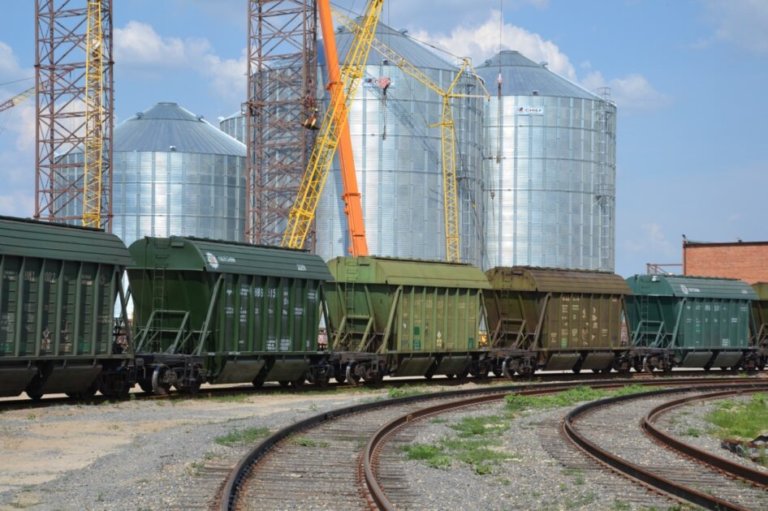The Ukrainian Ministry of Foreign Affairs has named five main reasons why restrictions on grain imports from Ukraine should not be extended.
This information was reported by the spokesperson for the Ministry of Foreign Affairs of Ukraine, Oleg Nikolenko.
According to the spokesperson, Ukraine and the European Union have established a joint coordination platform where all concerns of some European countries were addressed.
Furthermore, Nikolenko emphasized that the export of Ukrainian agricultural products is not destabilizing the European market. Despite the ban imposed by the European Commission and the prolonged absence of Ukrainian grain imports, the problems faced by farmers in Slovakia, Poland, Romania, and Hungary have not been resolved.
Nikolenko emphasized that these countries need to find national solutions, and it should not come at the expense of restrictions on Ukraine. Additionally, according to the spokesperson, Bulgaria’s recent decision to resume imports of Ukrainian grain only confirms the groundlessness of unilateral restrictive measures.
Artificially limiting Ukrainian exports benefits Russia, which competes with Ukraine in the global grain markets. He explained that Russia faces no restrictions in the EU market, while reducing Ukrainian grain shipments allows Russia to earn more money to fund its war against Ukraine. The spokesperson for the Ministry of Foreign Affairs also noted that the ban on imports is fundamentally unlawful.
Background on the ban on Ukrainian grain imports:
Previously, the European Commission reached a compromise with Bulgaria, Hungary, Poland, Romania, and Slovakia regarding Ukrainian agricultural products. To lift the blockade on Ukrainian imports, the EU will have to impose a ban on the import of Ukrainian wheat, corn, rapeseed, and sunflower oil.
At the same time, the EU countries agreed to extend the suspension of customs duties on imports from Ukraine for one year to support Ukraine’s economy during the war with Russia.
However, tariffs and quotas on the most sensitive agricultural products from Ukraine remained in place. These products include meat, dairy, sugar, and some grains.
On July 19, it became known that Bulgaria, Hungary, Poland, Romania, and Slovakia signed a joint declaration to continue the ban on Ukrainian grain imports after September 15.
Additionally, on August 24, Hungary announced that it would independently extend the ban on the import of Ukrainian grain. Poland’s Minister for European Affairs, Szymon Szynkowski vel Sęk, also referred to Ukraine’s complaint to the World Trade Organization as ineffective pressure.
On September 11, it was revealed that Poland is preparing a resolution to extend the ban on importing Ukrainian food after September 15. On the same day, Ukrainian Prime Minister Denys Shmyhal stated that Ukraine would turn to the World Trade Organization for compensation for losses resulting from violations of the General Agreement on Tariffs and Trade (GATT) in the event of a blockade by Poland.
Also, on September 13, the EU stated that there are no grounds for continuing the ban on exports from Ukraine.
Photo: open sources






























